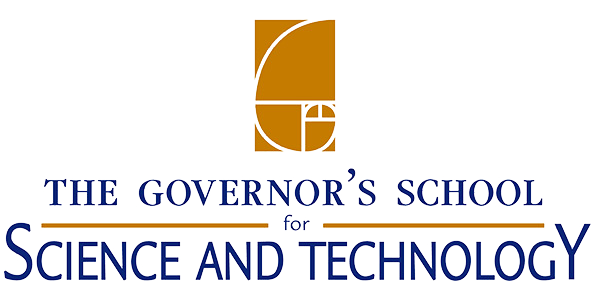Computational Physics
Computational Physics (4525): (2 weighted high school science credits)
Computational-Physics-Syllabus-2025-2026
Computer Science Course objectives provide a study of the key concepts in object-oriented programming (Java / Python) and design (data abstraction, data encapsulation, composition, inheritance and code re-use and implementation design techniques), programming constructs (primitives, references, classes, methods and interfaces), evaluating expressions (numeric, string and Boolean), program analysis (testing, debugging, run-time exceptions, pre and post conditions, assertions, analysis of algorithms and numerical representation of integers), data structures (strings, lists, one and two dimensional arrays and their accompanying operations – traversals, insertion and deletion), searching (sequential and binary), sorting (selection, insertion and merge sort) and develop an understanding of the ethical and social issues as it relates to the study of Computer Science. The course is a non-calculus treatment of physics dealing with topics in classical and modern physics. Physics course objectives apply the equations of kinematics to predict the position and the velocity at a later time, Newton’s laws of motion to find the acceleration of the objects and to identify other forces in the system, the conservation laws (mechanical energy conservation, and momentum conservation, and angular momentum conservation) to compare the system before and after the interaction, find the solutions of problems involving rectilinear motion, parabolic motion, circular motion, & objects in equilibrium, apply the conservation laws to the solutions of problems involving collisions, conservative and non-conservative forces, understand the fluid mechanics, such as buoyant force and Bernoulli’s equation, solve problems involving thermal expansion, heat transfer, thermodynamic processes & the behavior of ideal gases. Second semester course focuses on fundamental principles of physics covering mechanics, thermodynamics, wave phenomena, electricity and magnetism, and selected topics in modern physics. Prerequisites Algebra II/Trig.
Computational Science: Engineering Design, Innovation & Entrepreneurship
Computational Science: Engineering Design, Innovation & Entrepreneurship (4550): (2 weighted high school science credits)
The EDIE (Engineering, Design, Innovation, and Entrepreneurship) course consists of a number of courses in its curriculum, namely CSC 221 and 222. The courses are in a series of computers science courses dual-enrolled at VPCC. CSC 221 introduces problem solving and implementation of solutions using a high level programming language in a structured programming environment. It includes concepts and practice of structured programming, problem-solving, top-down design of algorithms, a high level programming language syntax, control structures, arrays, and an introduction into object oriented programming. CSC 222 introduces the concepts and techniques of object-oriented programming to students with a background in procedural programming and problem solving. Uses a high-level computer language to illustrate and implement the topics. Both of these courses are dual-enrolled at VPCC.
In addition to the computer science curriculum, the course also incorporates data science with a course called Data Matters (CMDA 2014). This course is adopted from Virginia Tech’s Computational Modeling & Data Analytics program. The intent for this course is to strike the balance of teaching modern, complex analytic methods to students who are almost completely new to data analytics. For example, current statistics, computer science, CMDA, and other analytic courses that tend to focus on one data type when teaching analytic approaches. Data Matter, however, will teach one or two technical approaches for both collecting and summarizing data for different data types, e.g., quantitative data, text data, and image data. In doing so, we explicitly address analytic needs in the hard sciences, social sciences, and engineering sciences. Data Matter is intended to be available for all students, including those who find themselves challenged by STEM subjects. Thus, the course does not have formal prerequisites, beyond high school math. This means that all skills needed to succeed in class will be taught during the class. However, the course might be easier for some students with some exposure to programming and/or learning from data.Prerequisites: Computational Physics and Pre-Calculus.
